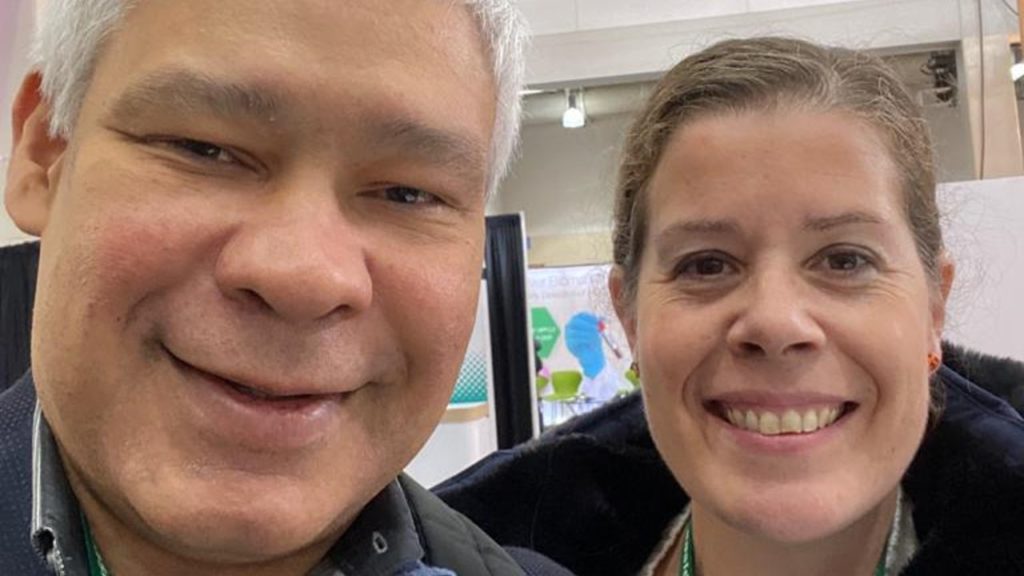Menu

What are the major challenges in liver transplantation today?
The demand for organs far outstrips the donation rates in liver transplantation. The costs are high, and there are significant regional disparities, leading to delayed referral and inequity in access to transplant programs and post-operative care. The burden of liver diseases includes the need for transplantation for very sick patients at risk of high short-term mortality, such as acute-on-chronic liver failure (ACLF), which remains a major cause of death while on the waitlist. Liver transplantation is the only curative treatment for patients with ACLF. However, its applicability is challenging due to the timely selection of candidates, high short-term risks, and the limited accuracy of the model for end-stage liver disease (MELD) score in predicting mortality related to multiple organ failures. Furthermore, organ allocation policies and regulations vary across the world, with marked regional differences. In addition, current criteria do not take into account variations in mortality related to racial and genetic ancestry, as recently demonstrated in the ACLARA study. Despite these drawbacks, ACLF, and particularly ACLF-3, should not be considered a contraindication for liver transplantation. Recent studies have demonstrated that ACLF patients have good post-transplant survival rates. However, ACLF-3 patients were shown to have greater use of hospital resources and a longer hospital stay. Clearly, there is room for more studies and granular data. In the era of precision medicine, it is hoped that new markers may help improve the criteria for patient selection.
Based on results derived from our interim analysis, how are the findings of the CHANCE study expected to impact care of patients with severe acute-on-chronic liver failure (ACLF)?
The worldwide experience of liver transplantation for ACLF patients is growing. Nevertheless, published data are heterogeneous, and some experts consider the benefits of transplanting with three or more failing organs (ACLF-3) controversial. However, most evidence comes from retrospective studies with selection bias, including the lack of analysis of outcomes for non-transplanted ACLF patients and the reasons for delisting. From this perspective, the definition of transplant futility remains elusive, with large prospective international collaborative studies urgently warranted.
The CHANCE study might offer new insights into the role of transplantation for ACLF patients, providing good-quality data on issues such as: (1) Improving the survival of patients with ACLF-3 through liver transplantation and identifying the limits of its effectiveness or futility; (2) critically analyzing current allocation systems and exploring possible strategies to implement ACLF criteria for prioritization; (3) investigating disparities and barriers to equitable access to liver transplantation for ACLF-3 patients; and (4) assessing the role of additional prognostic markers such as frailty.
As part of our campaign to recruit patient no. 1000, you received free registration to attend The Liver Meeting 2023 (TLM 2023) – the annual meeting of the American Association for the Study of Liver Diseases (AASLD). What are your key takeaways from TLM 2023?
In addition to providing a good opportunity to network with clinicians, surgeons, and scientists, the 2023 edition of The Liver Meeting featured discussions on ACLF during the post-graduate course, regular sessions, and in several posters. The most relevant topics were related to viewing cirrhosis as an immune deficiency state, opening opportunities for translational research, as well as improving the outcomes of ACLF patients through liver transplantation. Discussions focused on clinical pre-operative management strategies included the need for future studies on the role of dynamic volume status assessment tools such as point-of-care ultrasound (POCUS), timing of renal replacement therapy, and lung protective strategies. Pragmatic case selection for transplantation, whether center-driven or guided centrally, was discussed to overcome the very limited time window to offer liver transplantation for patients with multiple organ failures. Future challenges include the need for international cross-collaborations between research groups to foster the establishment of widely accepted criteria for transplantation.
The CHANCE study is promoted by EF CLIF.
European Foundation for the Study of
Chronic Liver Failure
Avinguda Diagonal 477, 11th floor
08036 Barcelona, Spain
Tel: +34 93 227 14 00
Email: Send us an email
© 2025 European Foundation for the Study of Chronic Liver Failure

| Cookie | Duration | Description |
|---|---|---|
| cookielawinfo-checkbox-analytics | 11 months | This cookie is set by GDPR Cookie Consent plugin. The cookie is used to store the user consent for the cookies in the category "Analytics". |
| cookielawinfo-checkbox-functional | 11 months | The cookie is set by GDPR cookie consent to record the user consent for the cookies in the category "Functional". |
| cookielawinfo-checkbox-necessary | 11 months | This cookie is set by GDPR Cookie Consent plugin. The cookies is used to store the user consent for the cookies in the category "Necessary". |
| cookielawinfo-checkbox-others | 11 months | This cookie is set by GDPR Cookie Consent plugin. The cookie is used to store the user consent for the cookies in the category "Other. |
| cookielawinfo-checkbox-performance | 11 months | This cookie is set by GDPR Cookie Consent plugin. The cookie is used to store the user consent for the cookies in the category "Performance". |
| viewed_cookie_policy | 11 months | The cookie is set by the GDPR Cookie Consent plugin and is used to store whether or not user has consented to the use of cookies. It does not store any personal data. |